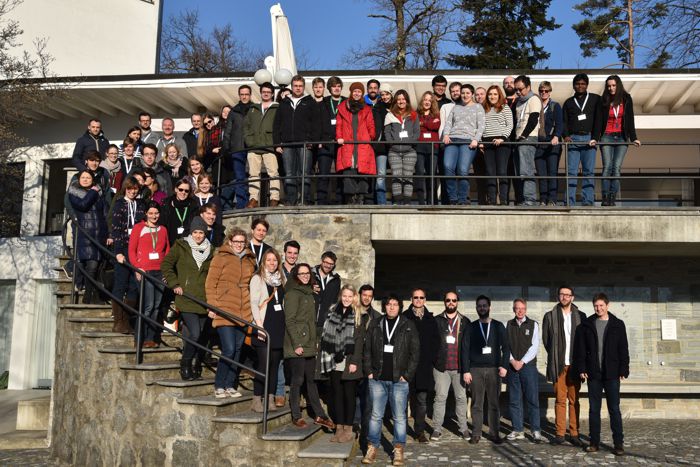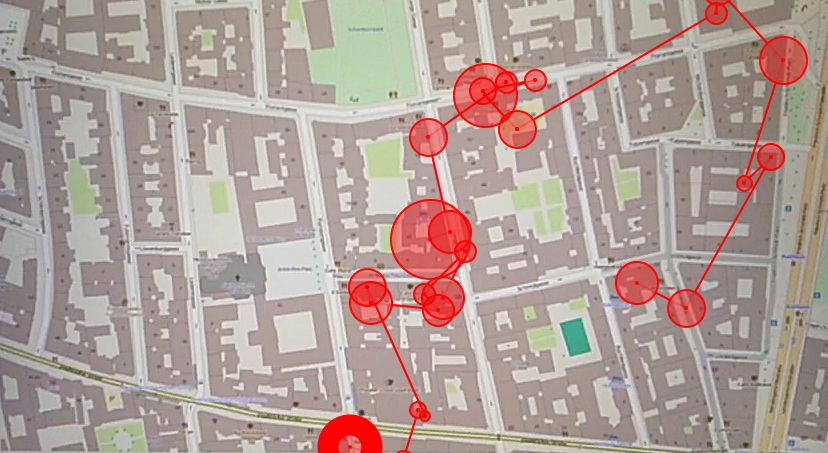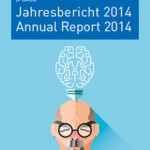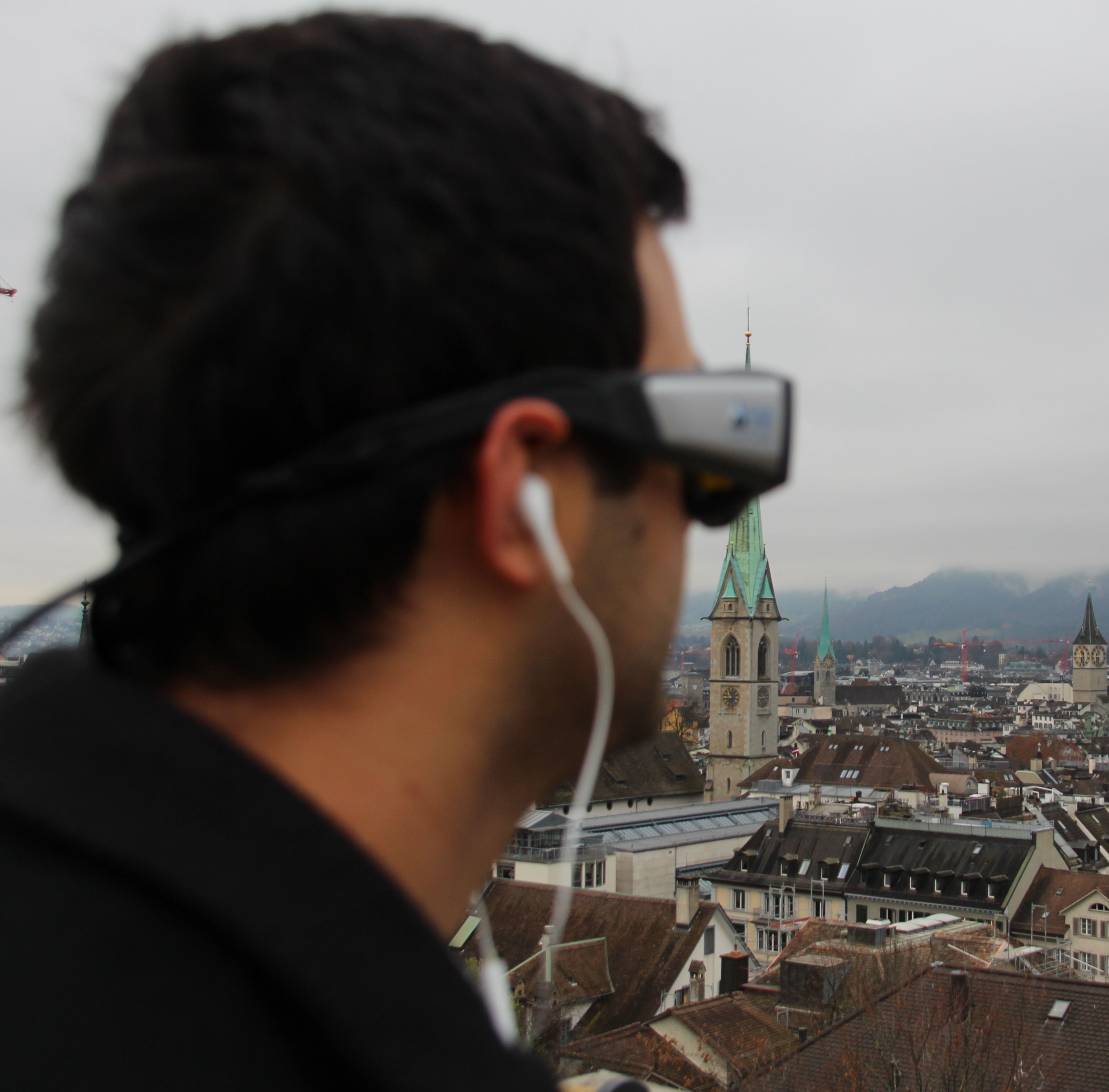Special Issue Appearing: Spatial Cognition&Computation 17 (1-2)
A double Special Issue on “Eye Tracking for Spatial Research” in Spatial Cognition&Computation, guest-edited by Peter, Ioannis, Martin, and Andrew Duchowski, has appeared [URL].
Nineteen manuscripts were submitted to an open Call for Submissions, out of which seven were finally accepted after a rigorous review process.
The Special Issue commences with an overview article, authored by the Guest Editors: “Eye tracking for spatial research: Cognition, computation, challenges” [URL, PDF].

















